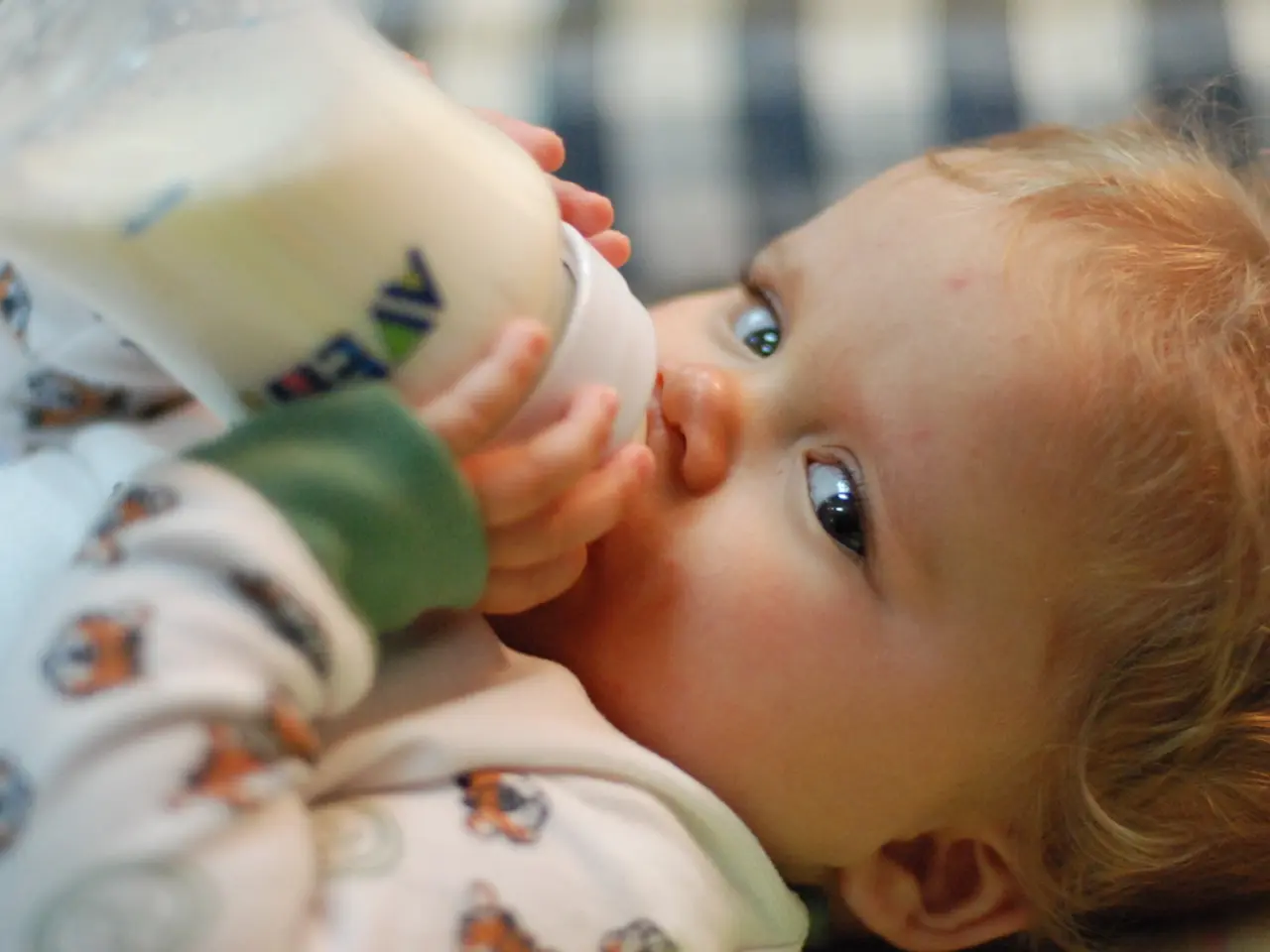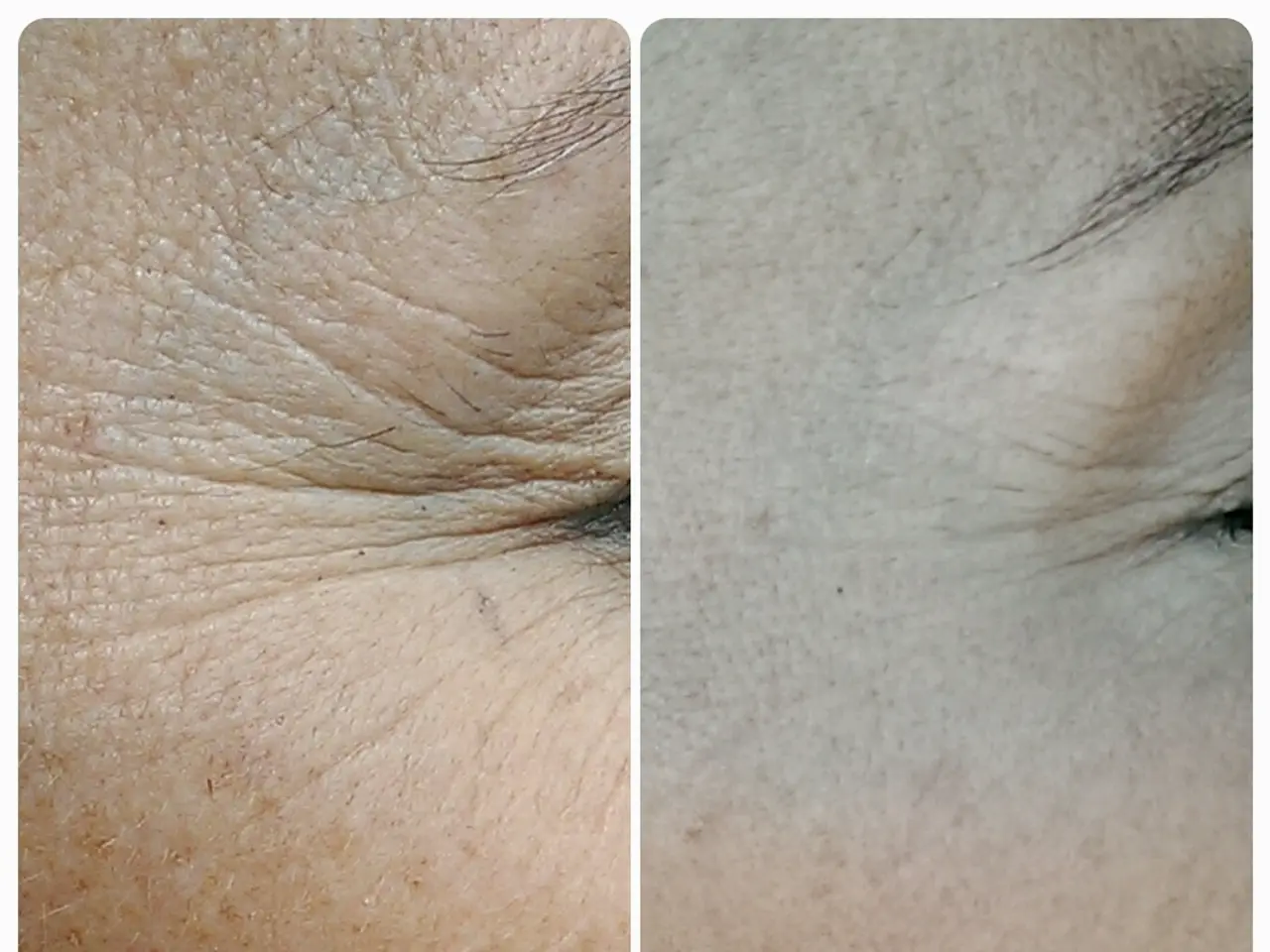Comprehensive Guide for Essential Newborn Care in Nigeria
Preparing for the arrival of a newborn is an exciting yet challenging time for parents. In Nigeria, ensuring the health and well-being of newborns is critical due to high infant mortality rates. Here are some practical guidelines for new parents to follow.
Maintaining Hygiene for Newborns
Keeping the diaper area clean and dry can prevent diaper rashes and related infections. Regularly changing diapers, cleaning genital areas properly, and using mild wipes are important for hygiene maintenance. Sanitizing objects that come into contact with the baby's mouth, such as pacifiers and bottles, can minimize contamination.
When cleaning the umbilical cord stump, use clean water and mild soap, or as advised by a healthcare professional. Avoid pulling or forcing the stump to come off, as it should detach on its own within a week or two. Keep the area clean and dry to prevent infection and ensure the stump falls off naturally.
Creating a Safe Home Environment
To make the home environment safe for babies, parents should ensure a clean, comfortable space free from hazards. This includes securing furniture, using baby-friendly bedding, maintaining hygiene, and removing potential choking hazards. Creating a calm environment with minimal noise and adequate ventilation also supports newborn comfort and safety.
Immediate Care Practices
Immediate care practices after birth are crucial for the well-being and survival of the newborn. Proper immediate care helps the newborn transition smoothly from the womb to the outside world. Initiating skin-to-skin contact and breastfeeding within the first hour is vital for the newborn's well-being and survival.
Feeding and Nutrition
Exclusive breastfeeding for the first six months offers various advantages, including optimal nutrition, disease protection, cognitive development, and promoting bonding. Proper nutrition for the mother is essential to ensure an adequate supply of breast milk, with a balanced diet and hydration being crucial factors.
Safety Measures
Ensuring the room temperature is warm and gathering all necessary items, such as a basin, mild soap, washcloths, and towels, is essential for bathing a newborn safely. When bathing the newborn, fill the basin with warm water and test its temperature on your forearm to ensure it is not too hot. Wash newborns' hands regularly, as they tend to touch their face and mouth frequently.
Preparing for Delivery
Planning delivery at a reputable hospital and being aware of associated costs and available services is essential. Staying informed about baby item costs and availability in the Nigerian market can help parents budget and acquire necessities effectively.
This blog aims to provide practical guidance tailored to the Nigerian context for new parents. By following these guidelines, parents can help ensure the well-being and safety of their newborns.
- Proper hygiene for newborns involves keeping the diaper area clean, changing diapers regularly, and using mild wipes to maintain cleanliness.
- Sanitizing objects that come into contact with a baby's mouth, such as pacifiers and bottles, is essential for reducing contamination.
- When cleaning the umbilical cord stump, use clean water and mild soap or as advised by a healthcare professional.
- In the home environment, it's important to secure furniture, use baby-friendly bedding, maintain hygiene, and remove potential choking hazards to ensure baby safety.
- Creating a calm environment with minimal noise and adequate ventilation supports newborn comfort and safety.
- Exclusive breastfeeding for the first six months offers numerous benefits, including optimal nutrition, disease protection, cognitive development, and promoting bonding.
- Proper nutrition for the mother is critical to ensure an adequate supply of breast milk, with a balanced diet and hydration being key factors.
- Safety measures for bathing a newborn include filling the basin with warm water, testing its temperature, and washing newborns' hands regularly to prevent infection.




